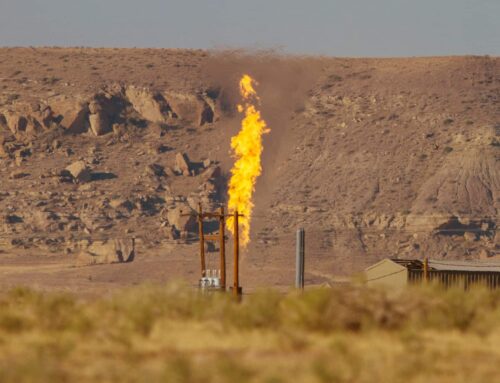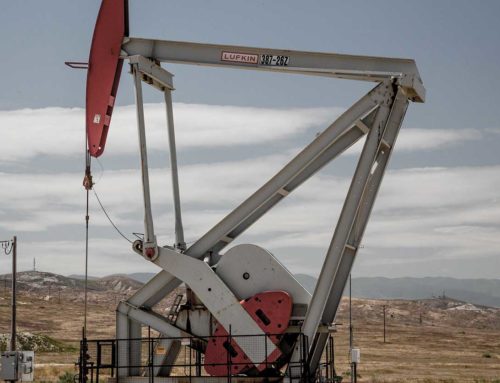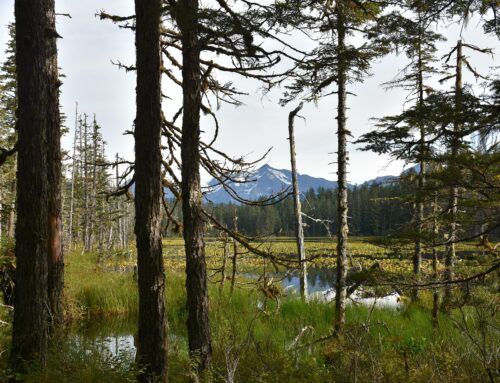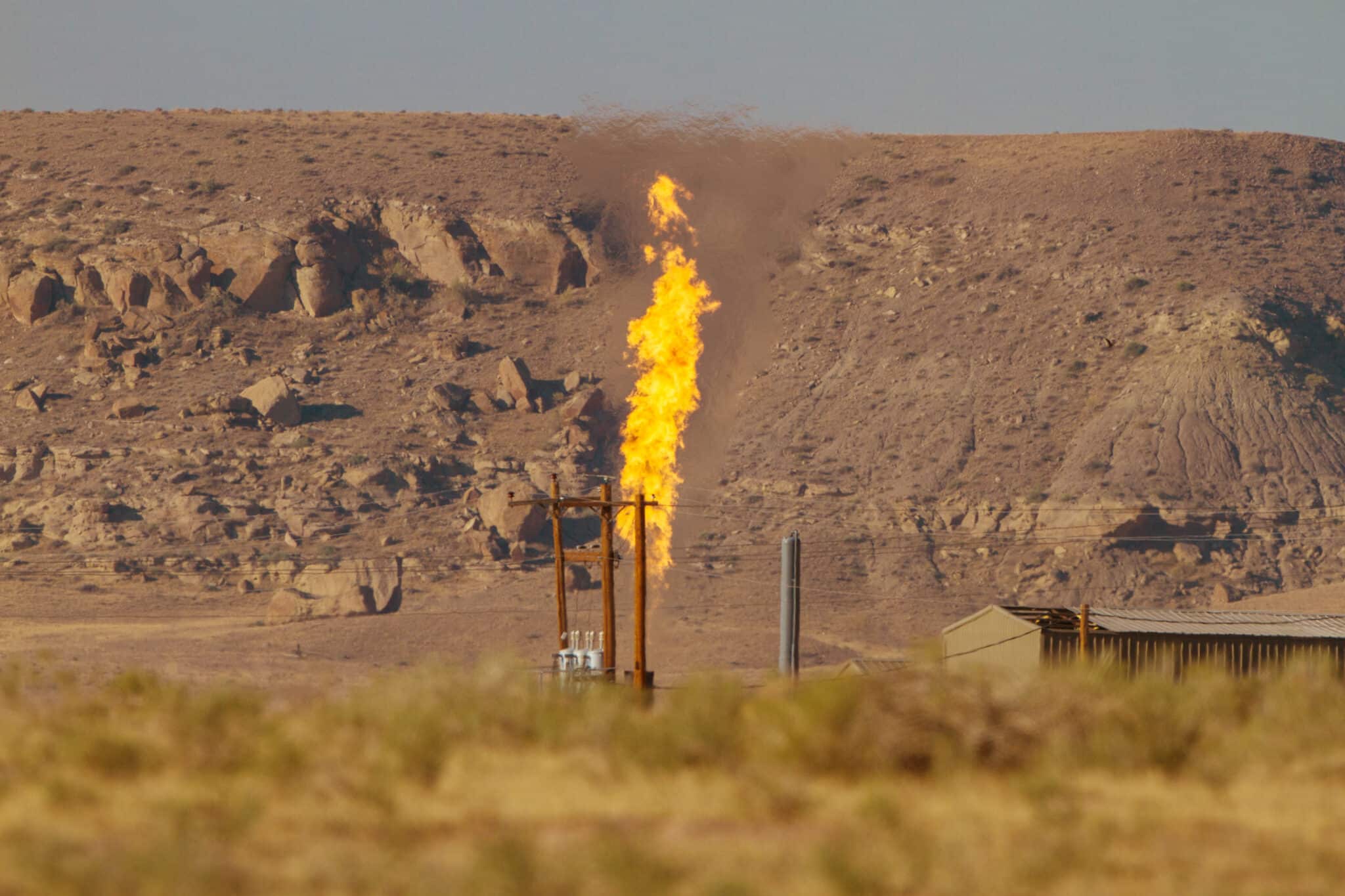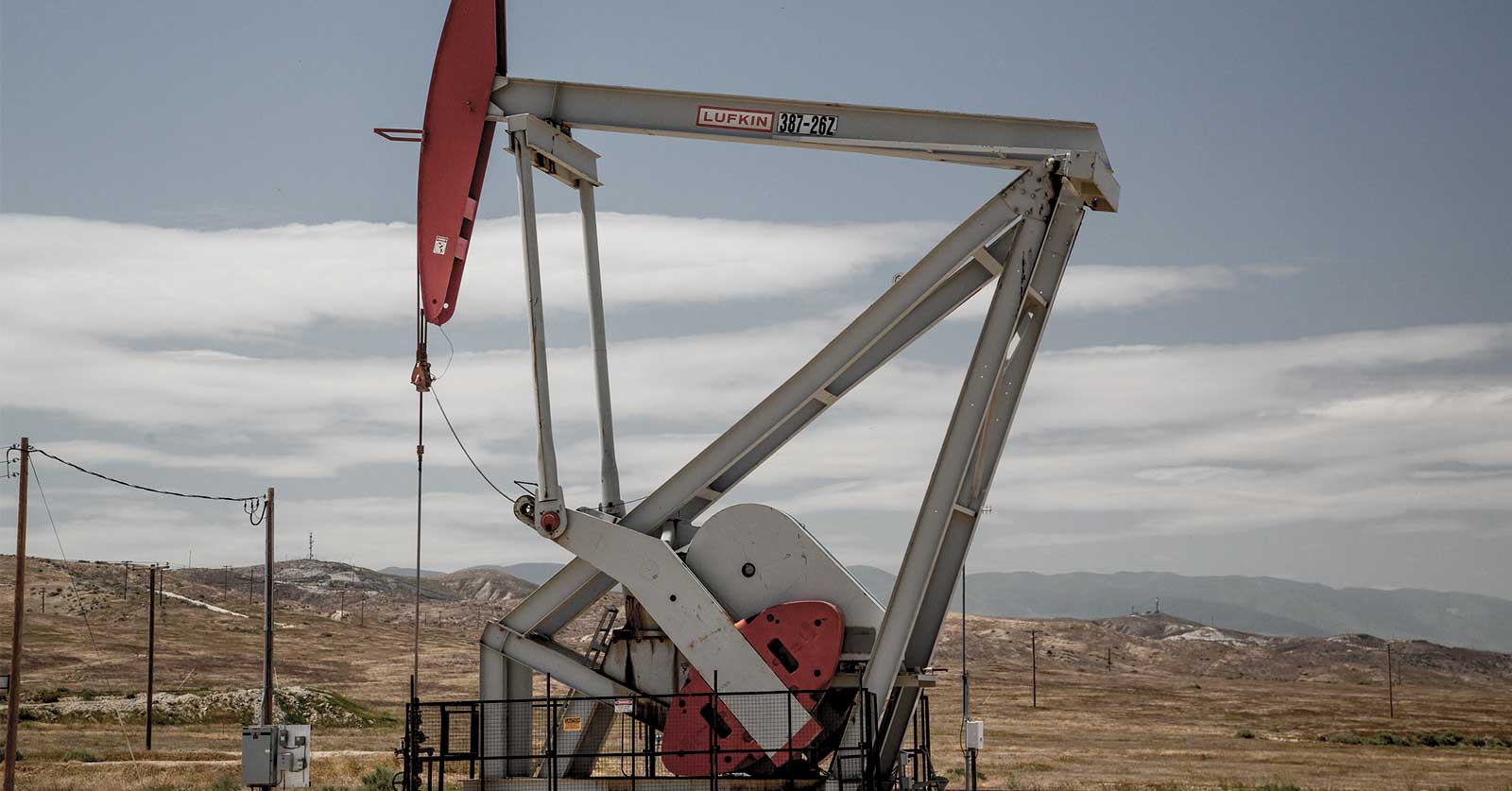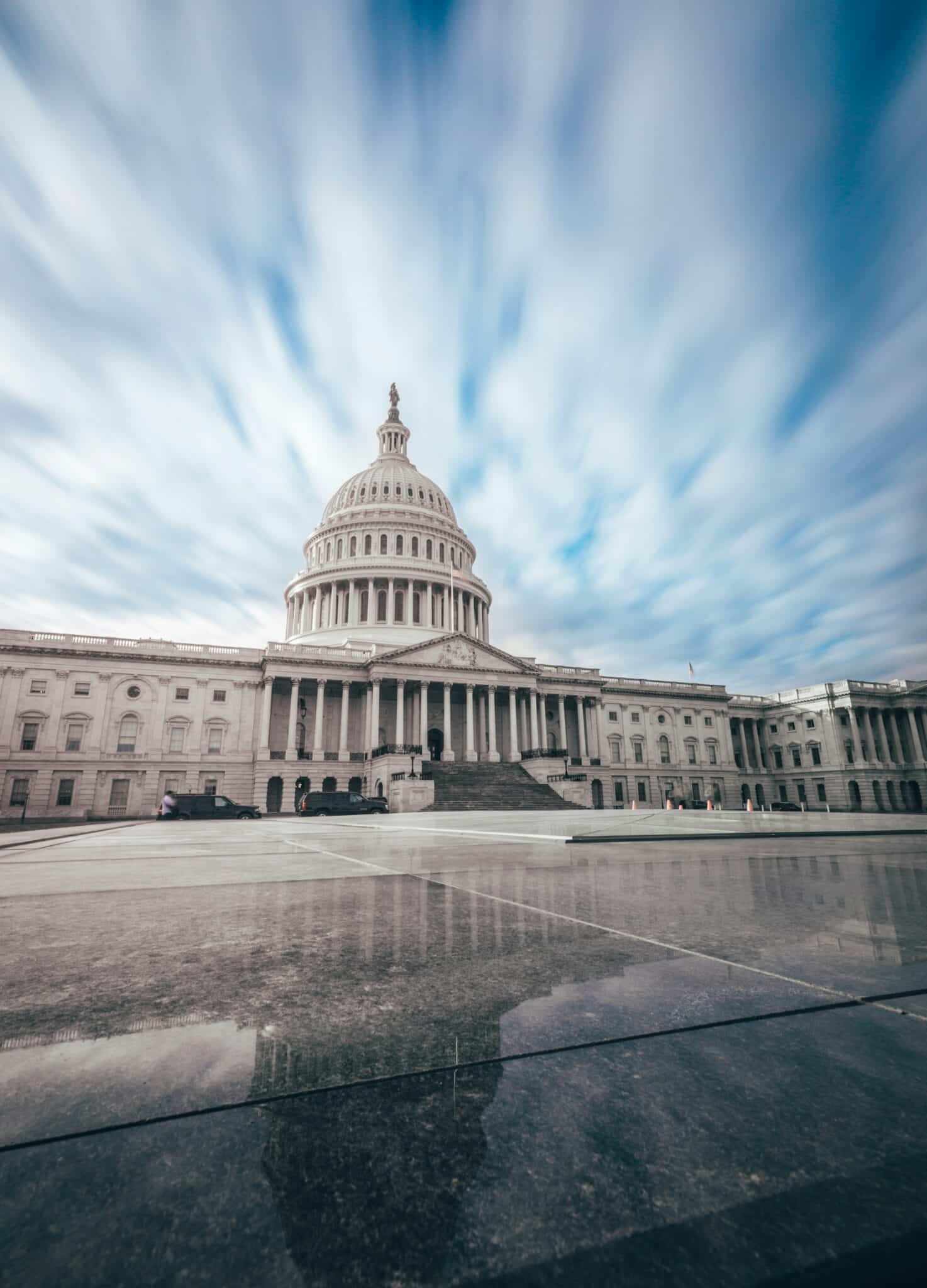Taxpayers for Common Sense submitted written comments to the Royalty Policy Committee of the Department of the Interior leading up to the meeting in Denver, CO on September 13, 2018.
Click here to view these comments in PDF.
Since 1995, the core of my organization’s work has been to ensure taxpayer interests are placed first in federal policies and regulation. We have fought tirelessly to ensure that taxpayers receive fair market compensation for natural resources extracted from federal lands and waters. These resources provide royalty revenues that are an important source of income for the federal government and by extension, taxpayers who are the resource owners.
Over the last two decades, TCS has produced research and analysis documenting the activities of the federal government, including billions of dollars in lost taxpayer revenue due to royalty collection and leasing systems that are largely opaque and frequently undervalue our natural resources, and keep decisions and information from public view.
The Royalty Policy Committee (RPC) is uniquely positioned to address the numerous problems plaguing the current system and to propose reforms that can help get taxpayers a fair return.
Current Recommendations before the RPC
Reverting back to old requirements. In this latest round of recommendations, the Planning, Analysis, & Competitiveness subcommittee requests that DOI reinstate requirements from the Federal Oil and Gas Royalty Management (FOGRMA) Act of 1982, a bill last updated thirty years ago. In a previous rule making the Bureau of Land Management (BLM) noted that measurement regulations in FOGRMA have not been updated since 1989 and that “industry practices and technologies have changed significantly in the intervening 25 years.” If adopted by DOI the changes to the measurement requirement would mean a decrease in valuable royalty revenues for taxpayers by negatively impacting the timely and complete collection of natural gas revenue.
Limiting the timeframe for drilling permit issuance. In its second recommendation, the Planning, Analysis, & Competitiveness subcommittee asks that the Department of the Interior (DOI) change how it issues drilling permits for leases that are already producing. Specifically, the subcommittee asks that the Bureau of Land Management (BLM), the agency within DOI responsible for leasing, be allowed a maximum of 45 days to approve a permit. If the BLM does not object within 45 days then the lessee would be able to continue drilling.
BLM’s review of an application for a permit to drill allows the agency to consider whether drilling will be conducted in a manner consistent with comprehensive management of the taxpayer’s resources. BLM must ensure that drilling activities interfere as little as possible with other multiple uses of federal lands. In addition, drilling plans must be reviewed to ensure that drilling is not conducted in a way that might damage energy-bearing formations or otherwise affect the full recovery of the taxpayers’ oil and gas resources. Approval of an Applications for Permit to Drill (APD) is not just a box-checking exercise – it requires expert evaluation of the lessee’s plans. The proposed “Notification of Permit to Drill” would completely avoid this step, and effectively transfer authority over permit issuance to the lessee. At times the decision might be dictated solely by limitations on agency resources – particularly on those occasions when a temporary increase in the rate of permit applications might make it necessary for BLM staff to delay a decision. Additionally, by implementing such a short time limit on drilling applications, DOI would preclude public involvement in the decision making process, depriving taxpayers of a voice in the process.
Finally, this default issuance of a permit to drill would not comply with the requirements of the Administrative Procedure Act (APA). If such a permit were challenged in court, the APA would require that it be set aside if its issuance were arbitrary and capricious. This standard of review isn’t very stringent, but it does require that the agency be able to articulate a substantive basis for the decision. A “default yes” on a permitting decision would not allow the BLM to point to any substantive basis at all for issuing the permit. TCS can’t support creating a procedure that could so easily be challenged in court, which obviously would waste agency time and money.
Natural gas valuation. The Fair Return & Value subcommittee is recommending that DOI implement a replacement for the natural gas portion of ONRR’s Valuation Rule – which is concerned with the way in which royalties are charged from energy production on federal lands, but was repealed by the current administration before it was allowed to take effect. The subcommittee’s recommendation calls for a system that allows multiple ways to calculate royalties owed, and from which the payors or lessees can choose the calculation that suits them best. This system is inherently problematic, as payors or lessees will invariably choose the calculation that provides the lowest values and thus the lowest royalty payments, lowering taxpayer revenues. If adopted by DOI this recommendation would result in the removal of BLM’s authority to determine valuation, handing power over to producers to self-regulate.
Energy production data transparency. The Fair Return & Value subcommittee’s second recommendation asks DOI to release more data on energy production in federal lands and water. Our decades of experience with federal oil and gas data have driven home the serious lack of transparency in government data. As the committee notes, there are several DOI agencies involved in leasing and royalty with varying levels of transparency and completeness in the data they release to the public. Given that TCS has always called for greater transparency in accounting for production on federal lands and the associated royalty payments, including in our last comments to the RPC, we consider this a long overdue recommendation. We look forward to the DOI response to this recommendation.
Proposed Areas for RPC Review
The RPC should address the issue of vented, leaked, and flared natural gas. The waste of taxpayer-owned natural gas costs taxpayers hundreds of millions of dollars in revenues each year when royalty-free natural gas is leaked, vented, or flared from drilling operations on federal land. In 2016 oil and gas companies reported losing 25.4 billion cubic feet (bcf) of natural gas in 2016, bringing the total amount of gas lost over the decade 2007-2016 to 209.7 bcf. And by BLM’s own admission, those volumes are under-reported. According to our recent analysis of Office of Natural Resources Revenue (ONRR) data, oil and gas companies have paid royalties on roughly 10 percent of the natural gas vented or flared on all federal lands in the last decade.
The BLM will publish a new rule to address the royalty treatment of lost gas later this month, but based on its draft released earlier this year we know that it will only perpetuate the problem. In particular, the draft rule proposes a new definition of “wasted oil and gas” in which taxpayer-owned oil and gas isn’t wasted if the cost of capturing it is more than the value of the resources captured. Rather than carefully setting standards for when operators can reasonably be expected to prevent waste, the BLM would simply re-define what constitutes “waste.” The definition of waste is universal – whenever assets or resources aren’t put to their most productive use – and changing that definition would benefit industry at the expense of taxpayers. We urge this committee to examine the issue and propose a definition of waste that prioritizes the full recovery of taxpayer owned-resources, rather than the profits of oil and gas companies.
BLM’s draft rule also contains language that would rescind gas capture requirements established by the 2016 rule entirely and replace them with a provision that defers to state and tribal regulations. The draft rule states that outside of specific circumstances “…vented or flared oil-well gas is royalty free if it is vented or flared pursuant to applicable rules, regulations, or orders of the appropriate State regulatory agency or tribe.” This approach is an abdication of the BLM’s responsibility to set consistent guidance for when venting or flaring publicly owned natural gas should incur a royalty, and would not result in a meaningful reduction in royalty-free flaring of associated gas on federal lands. The BLM is vested with the authority and obligation to ensure federal resources are developed in the taxpayer interest. State and tribal regulatory authorities do not share that obligation.
The RPC should discuss and evaluate the undervaluation of federal resources. Determining the value of federal resources is as important as when royalties should be imposed. Undervaluation of oil, gas, and coal resources is of utmost concern to taxpayers. ONRR attempted to address issues with the valuation of federal oil, gas, and coal in its 2016 rule, but that rule was repealed in a subsequent rulemaking last year. While ONRR’s 2016 rule was not perfect, it would have addressed a number of our concerns with DOI’s current valuation system. This includes the valuation of coal, and whether value is determined in non-arm’s-length transactions. The rule also addressed the use of index prices in determining the value of natural gas, as well as what transportation allowances are appropriate in the valuing of natural resources. A direct result of the rule’s repeal was a reduction in royalty collections.
This committee has addressed valuation in its recommendations at this meeting and at its past meetings, but in a way that would favor industry at the expense of taxpayers. The RPC’s recommendations with respect to valuation of federal resources would only continue the problems of the current valuation system, undervaluing federal assets and deprive taxpayers of valuable revenues.
The RPC should consider increasing onshore and offshore royalty rates. While we were glad to see that DOI rejected the RPC’s recommendation from the Houston meeting to lower offshore rates, we urge this committee to reevaluate its position on offshore royalty rates. Lowering the royalty rate would have dramatically reduced taxpayer revenues for decades to come. The RPC should focus instead on applying the 18.75 percent royalty rate across all offshore leases. Additionally, the RPC should propose an onshore royalty rate increase. According to the Congressional Budget Office “Raising the royalty rate for onshore parcels to 18.75 percent to match the rate for offshore parcels would generate $200 million in net federal income over the next 10 years….” And “…the subsequent decrease in production on federal lands would in all likelihood be small or negligible.”
The RPC should recommend transparency in coal royalty rate decisions. The BLM has the power to grant royalty rate reductions to coal producers in certain situations. The process for doing so is not transparent. Only when prompted through a inquiry from Congress in 2013, did ONRR released a limited data set revealing that the BLM had granted nearly 30 royalty rate reductions to coal leases on federal lands in the prior two decades. Little is known about why these reductions were granted, how many coal leases have reduced royalty rates now, and how much this is costing taxpayers in lost royalty revenue. This body is tasked with reviewing the royalty policies of DOI and this obviously broken policy. The RPC should examine DOI’s current practice of reducing royalty rates for coal leases and propose protocols to promote greater transparency in how reductions requests are reviewed and granted as well as the specifics of royalty reductions in the past.
The RPC should address millions of acres of idle oil and gas leases. At present, large sections of federal lands and waters set aside for oil and gas production sit idle, in part, because Interior policies don’t do enough to encourage diligent development. At the end of fiscal year 2017, half of all onshore acres leased for oil and gas production sat idle. As of May of this year, the same was true for 70 percent of active offshore oil and gas leases. Some lag between a lease issuance and the beginning of exploration and development activities is expected. But allowing companies to lock up parcels of land without developing them contradicts the multiple-use principle that guides DOI’s management of federal lands. It can also prevent more eager producers from bringing important energy resources to market.
Unfortunately, rather than preventing the stockpiling of idle federal lands and waters, current DOI policies encourage it. On state lands in states like New Mexico and Texas, rental rates are raised after three to five years if a lease is not yet in production. The BLM, however, sets its rental fees irrespective of a lease’s producing status, and at rock bottom rates of $1.50 and $2.00 per acre. This committee should examine how the BLM could alter its rental pricing to better encourage oil and gas development on federal lands. To encourage offshore development, this committee should also explore setting a fee on nonproducing parcels – a policy suggested by legislators of both parties in years past. Setting such a fee could raise significant federal revenue for taxpayers. In 2016, The Congressional Budget Office estimated that a $6-per-acre fee on nonproducing leases would yield $200 million in revenue over 10 years, with a negligible effect on production.
The RPC should review noncompetitive leasing practices. In conducting lease sales of federal land for oil and gas exploration and development, BLM is able to offer leases in noncompetitive sales. These types of lease sales are not in the taxpayer interest as they commonly attract the minimum purchase price of federal leases allowed under federal law, $2 per acre. Lease sale bonus bids are an important source of non-tax revenue, and noncompetitive leases all but ensure that taxpayers receive the minimum amount of revenue from a lease sale. These parcels are also less likely to enter production than leases sold competitively, making many noncompetitive leases speculative – locking out federal lands from other uses without providing royalty revenues for the federal taxpayer.
Under its current leasing system, BLM allows Individuals and private companies to anonymously nominate federal lands for noncompetitive lease sale, reducing transparency and accountability. Companies are able to nominate parcels and acquire the leases noncompetitively. The number of noncompetitive lease sales offered by BLM has increased under the current administration. Given the royalty implications of lands leased noncompetitively, the Royalty Policy Committee needs to address this broken system.
The RPC should review leasing policies in Alaska that carry additional taxpayer liabilities and do not get taxpayers a fair return. The RPC’s earlier recommendation to expedite the leasing of lands within the Arctic National Wildlife Refuge (ANWR) during the February meeting in Houston did not take into account potential revenues and liabilities that taxpayers face as the leasing process moves forward. The committee’s recommendation ignores current market conditions and the interest (or lack thereof) in development of ANWR lands. This will likely lead to more undervalued oil and gas leases sitting idle and undeveloped. TCS has written extensively on leasing in ANWR, and our analysis has shown that drilling in ANWR will not provide nearly the amount of revenue for taxpayers that has been promised. Using extremely generous assumptions for industry interest and bidding rates – both well above historical averages in Alaska’s North Slope region – taxpayers would receive less than five percent of what is currently expected. Instead of expediting oil and gas leasing in ANWR, DOI and the RPC should take a step back and look at the data.
The RPC should include more diverse, non-industry perspectives. To ensure that federal leasing and royalty issues are debated in a manner inclusive of diverse perspectives, and the RPC should incorporate additional non-industry affiliated members. To date, many of the recommendations that have been put forth by this committee have reflected the interests and concerns of industry and do not discuss or address the many taxpayer concerns regarding waste, mismanagement, and undervaluation of federal resources. It is important that industry be able to participate in the activities of this committee and to have their concerns heard, but based on the recommendations of the committee, industry is the only voice being heard. This committee presents a tremendous opportunity to address the broken systems currently employed by DOI in its administration of public lands. There is a large amount of work to be done that can benefit both industry and taxpayers alike, but taxpayers need a seat at the table and to be allowed to be heard.
###


